Zuzanna Czebatul
Vortex reloaded
19.08.2023 - 17.09.2023
For the second exhibition of the newly opened Kunsthal Thy, Zuzanna Czebatul has been invited to show her work Vortex Reloaded. The 10 x 12 m floor work consists of over 200 specially pigmented concrete slabs, which together weigh over three tons. The work was originally created in 2020 with the title Vortex (New Day Coming) for the Delme Synagogue in France, which was built in 1881 and partially destroyed during World War II . It has been used as an exhibition space since the early 1990s.
A vortex defines a circular motion around a center of gravity that attracts material, sets it in motion, concentrates it, condenses it, and finally causes it to culminate. Zuzanna Czebatul’s vortex uses the opus sectile technique from ancient Egypt, which experienced its first major revival in Roman antiquity: large sheets of marble, mother-of-pearl or glass are cut to fit a motif instead of creating the motif with many small, uniform parts, as is the case with mosaics. The shape of the tiles themselves takes architectural elements of the Delme synagogue, such as the Torah shrine, the windows and the pillars of the space, and pulls them into an abstract maelstrom. Zuzanna Czebatul’s vortex resembles a black hole that is capable of blending time. It not only carries the different times of the materials and the architecture of the Delme synagogue into Kunshal Thy – it also reflects on the complex history of its new surroundings, which begins with the construction of the farm Dovergaard in the 16th century. The barn itself was built in 1837 and if you look up at the wooden roof structure you can see modifications and repairs dating back as far as 150 years. Everywhere in Dovergaard’s woodwork you can find the year marks of numerous craftsmen who have built and repaired here over time and thus written themselves into the history of the house.
Zuzanna Czebatul’s Vortex Reloaded captures a point in history and from there looks into the past, which is difficult to chart. It fits like no other work into the present day of the Dovergaard farmstead with numerous burial mounds in the area and traces from the Stone and Bronze Ages found here, since it is currently being decided here how the history of the farm is to be made visible and thus revitalized for posterity. The exhibition is a look back at history, which will one day be used as a witness to the planned revival and renovations to take place at Dovergaard.
Zuzanna Czebatul (born 1986 in Miedzyrzecz, Poland) lives and works in Berlin and studied at the Städelschule in Frankfurt am Main and at Hunter College in New York. Their works have been shown at the Neue Galerie in Kassel, at sans titre, Paris; CAC Synagogue de Delme; GGM1 Municipal Gallery Gdansk; CCA FUTURA, Prague; CCA Zamek Ujazdowski, Warsaw; and MINI/Goethe-Institut Curatorial Residencies Ludlow 38, New York.
Zuzanna Czebatul won the Allegro Prize and the Erich Hauser Foundation Prize in 2022.
For the second exhibition at Kunsthal Thy, a group of students from the school for children with ADHD and ASD, Trombakken, are invited to work with the Opus Sectile technique and make their own tiles inspired by Zuzanna Czebatul’s artwork.
Text by Rasmus Søndergaard Johannsen & Marina Rüdiger







